Bye Bye Birdy
How do you tackle one of the most famous writing craft books, you take it “Bird by Bird.” That’s what we’ve done with Anne Lamott’s book over the past 12 episodes and in this final episode we cover her end of the class advice, along with how to avoid libel (not sure why that got placed there) and give our opinion about the book as a whole.
And then, because there’s always another writing craft book, we reveal what we’re reading next … Judith Barrington’s Writing the Memoir. Finally, we have a great discussion about memoir writing classes with one of Renee’s favorite memoir writing instructors, Joselin Linder.
Read More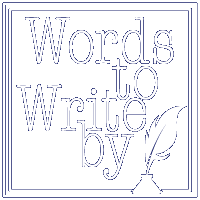
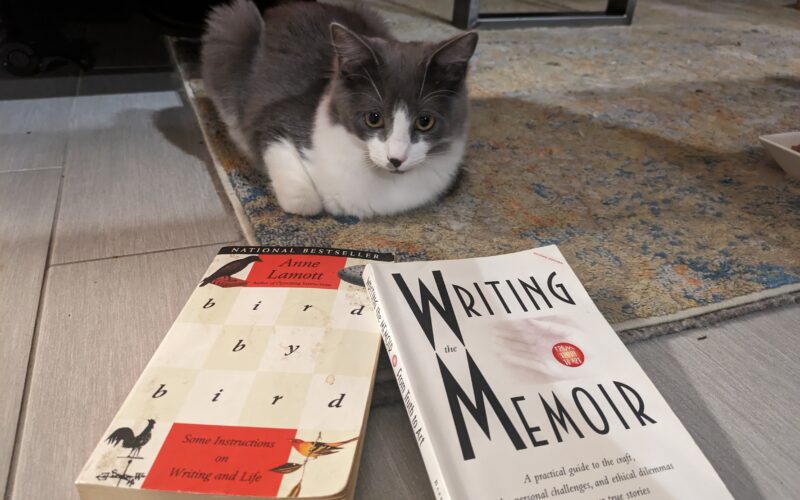
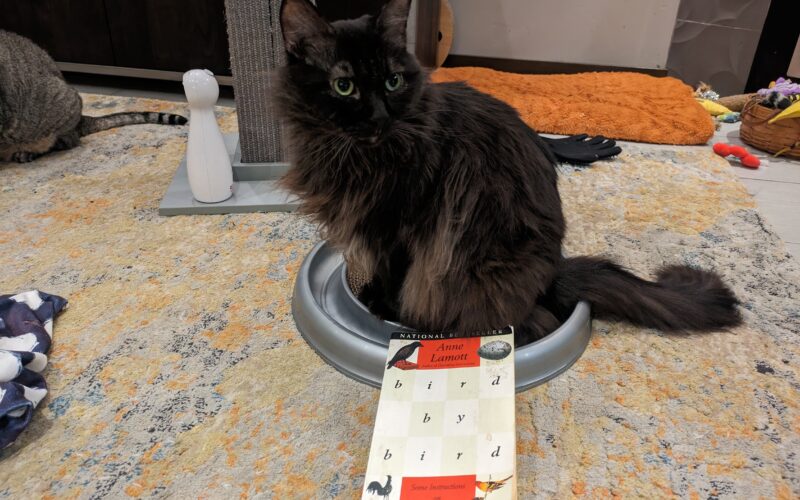
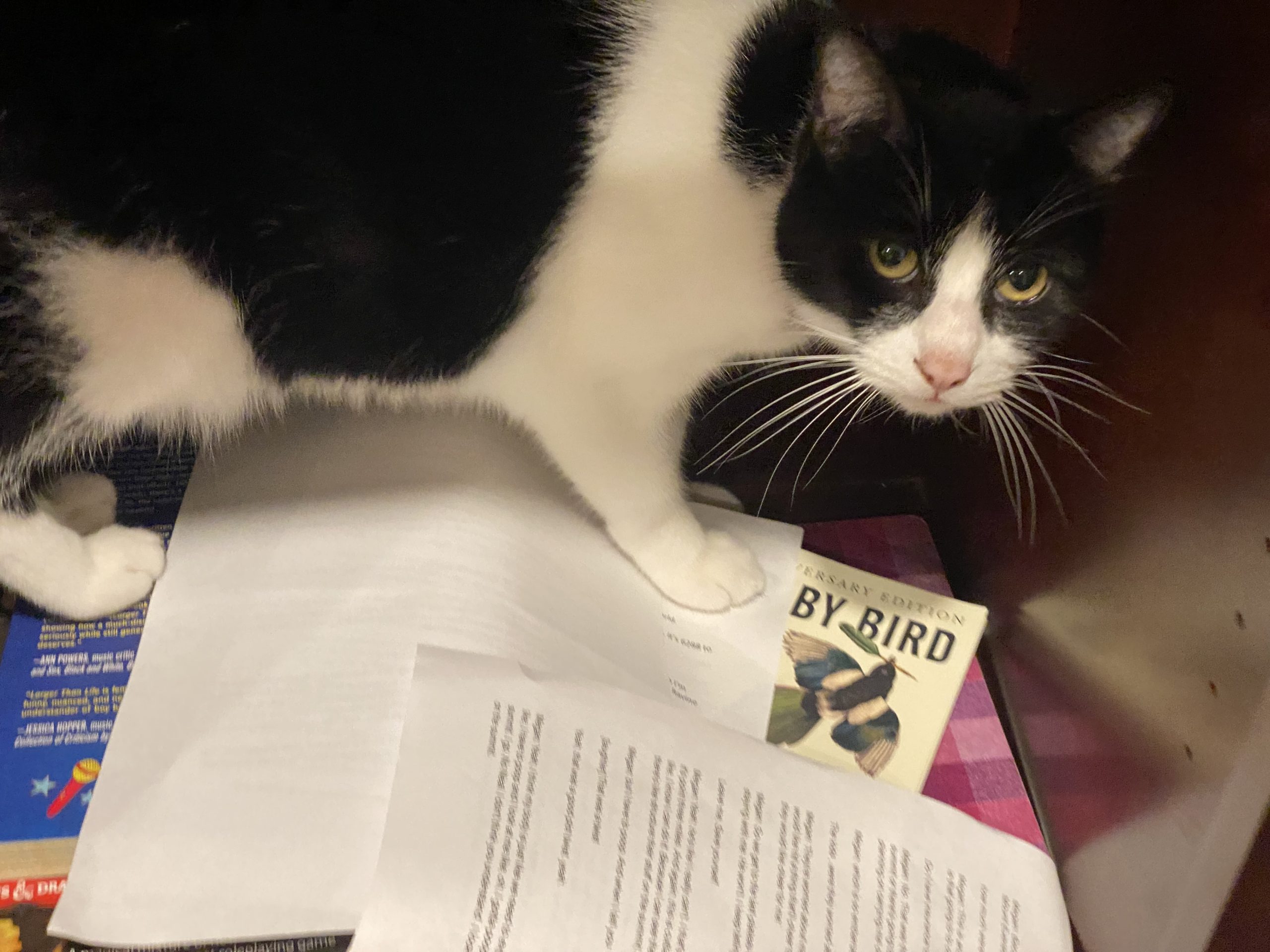
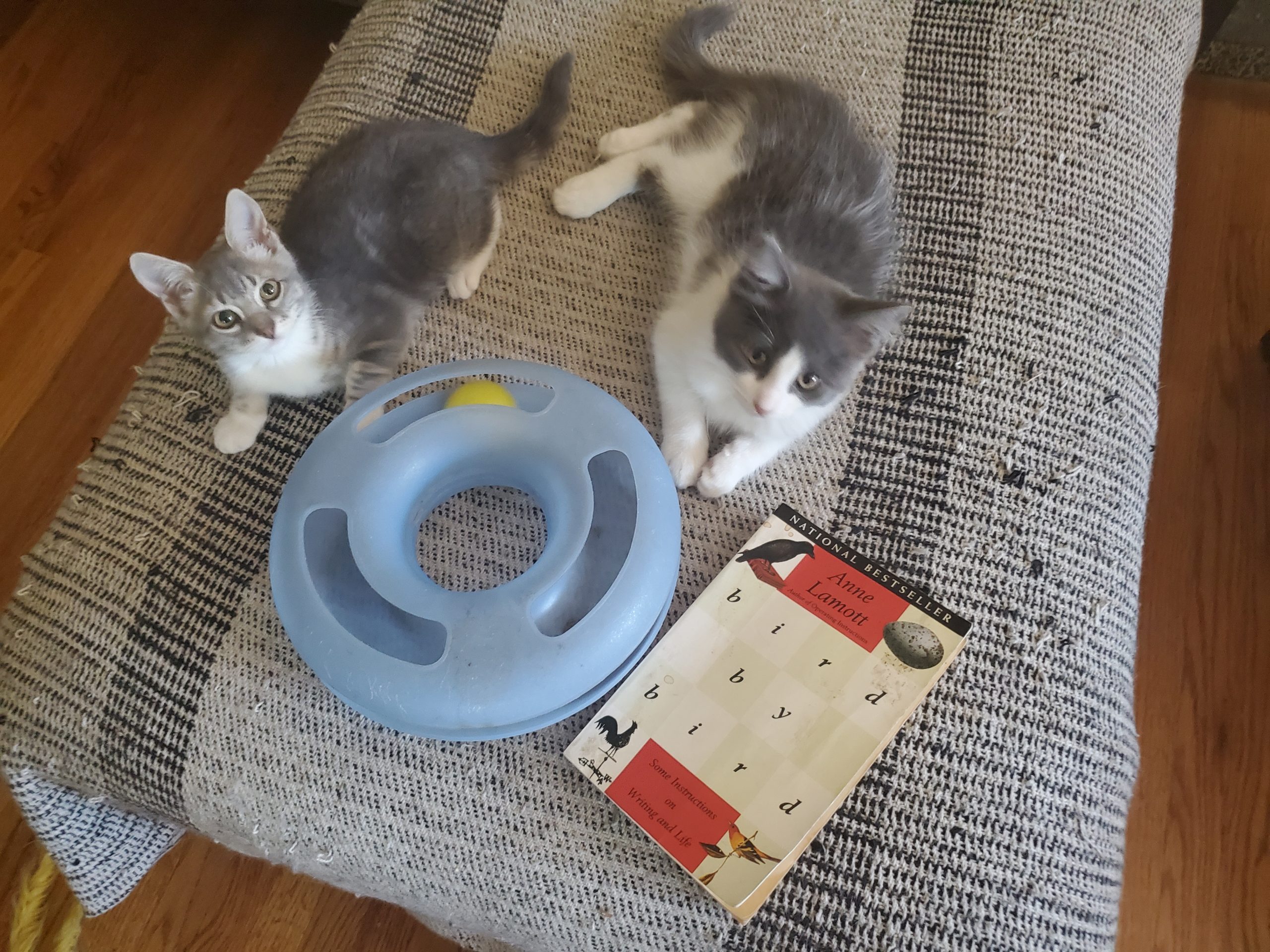
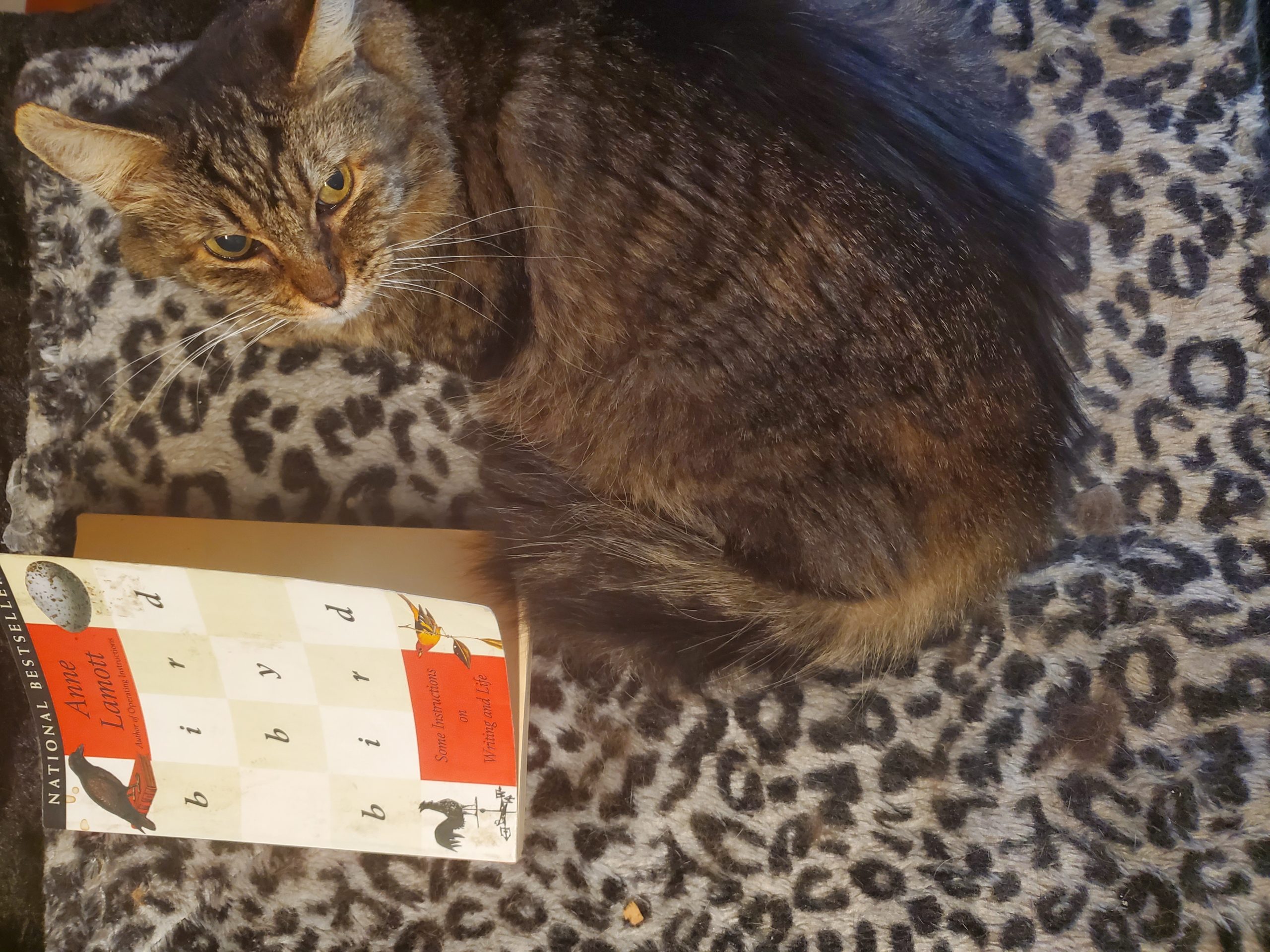
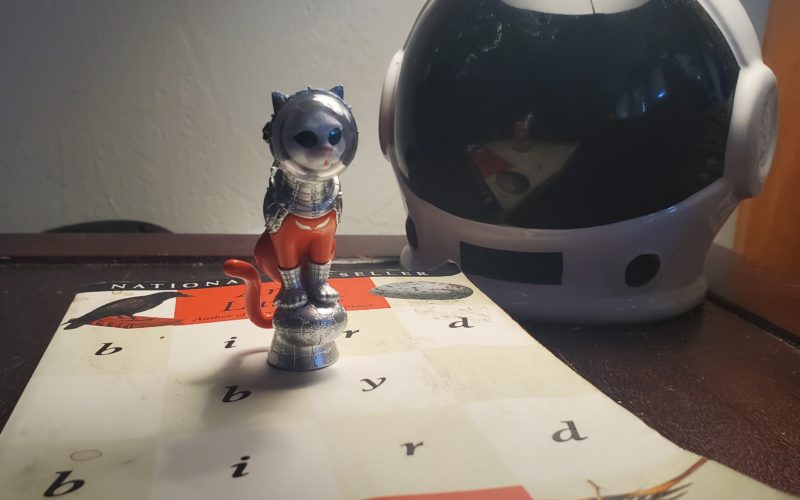
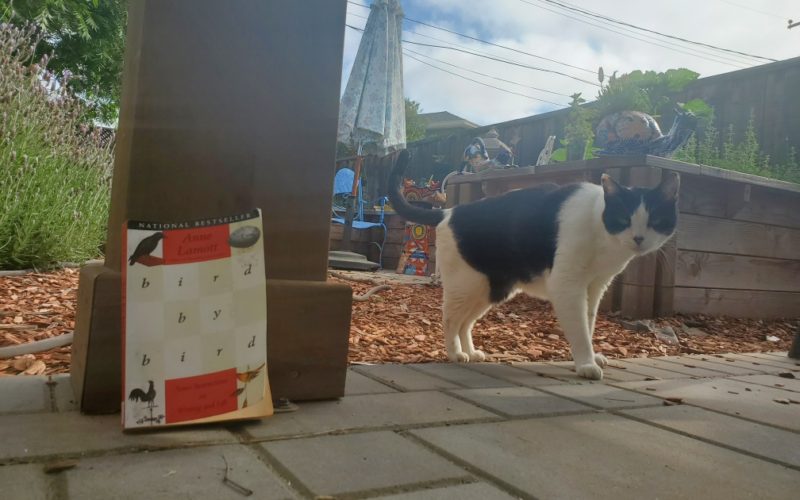
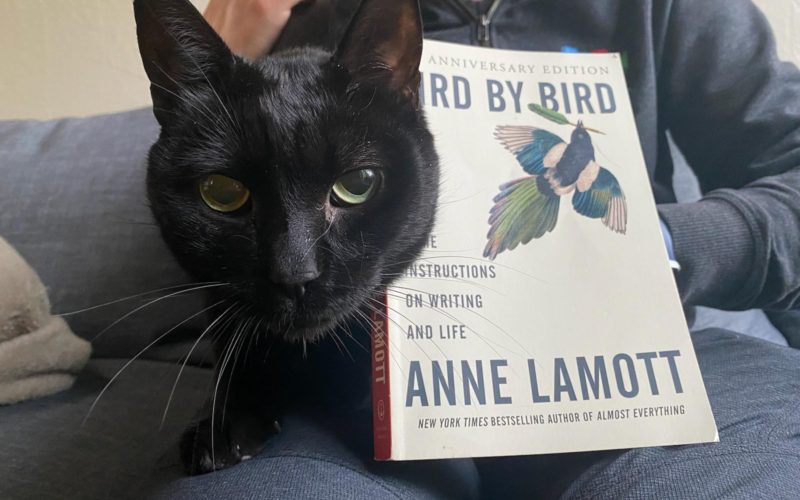
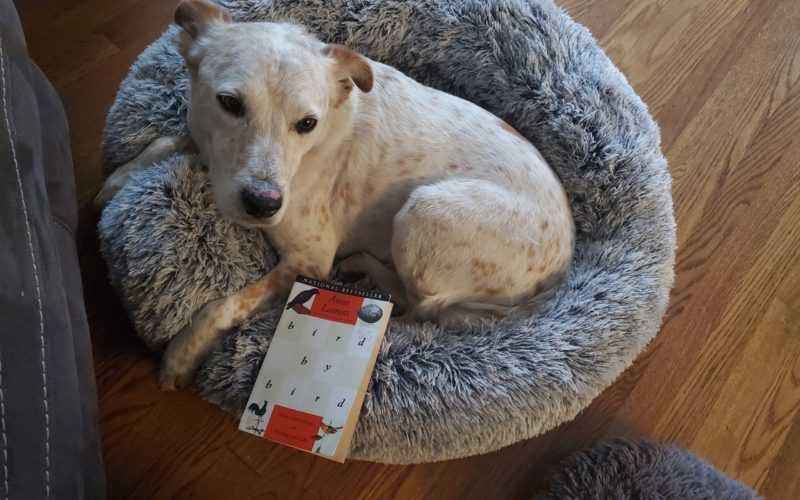

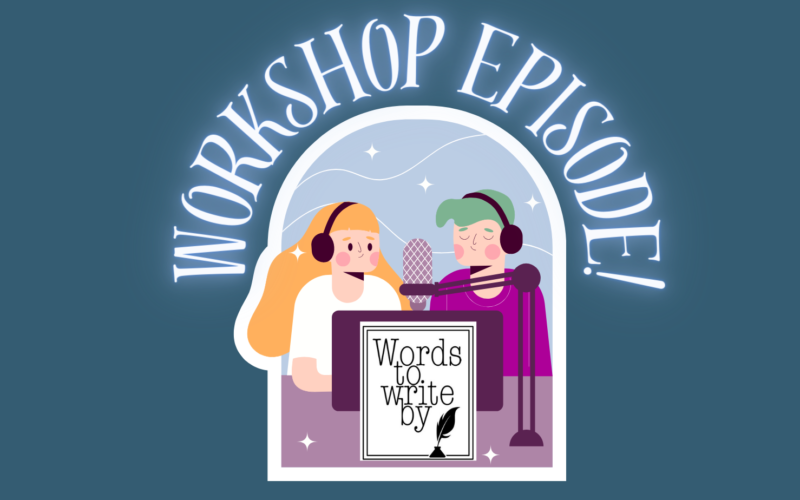
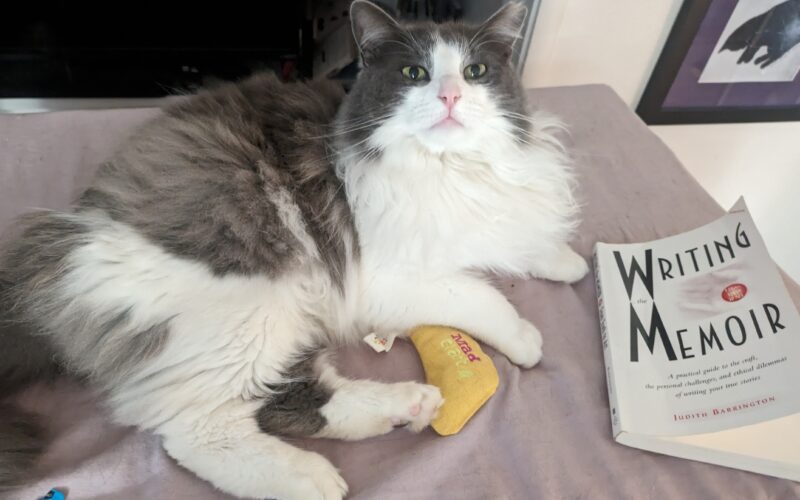
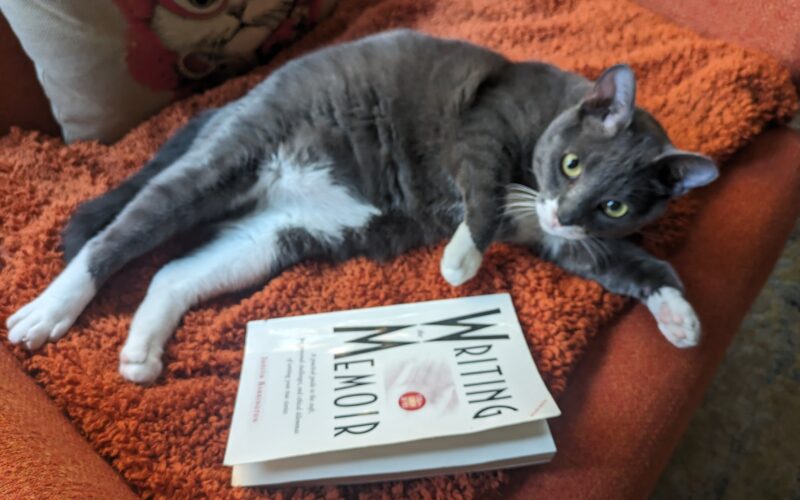
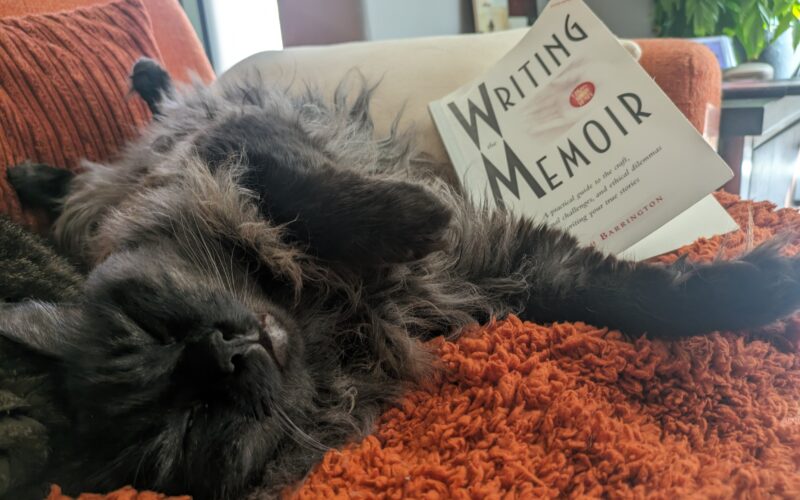
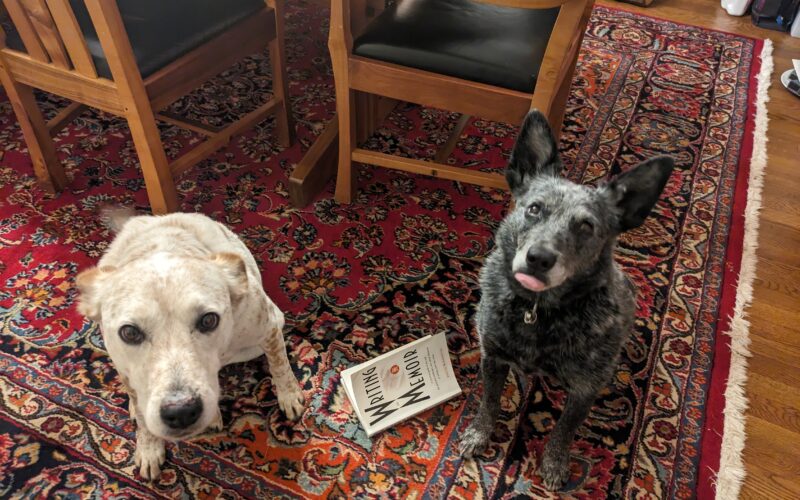
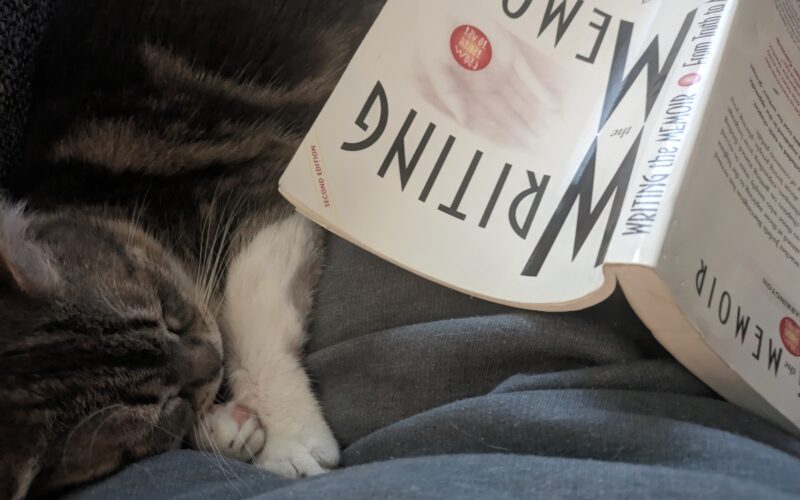
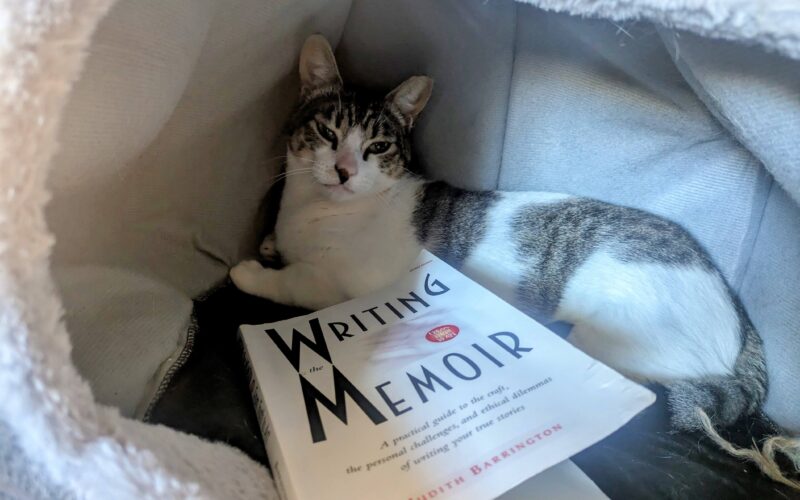
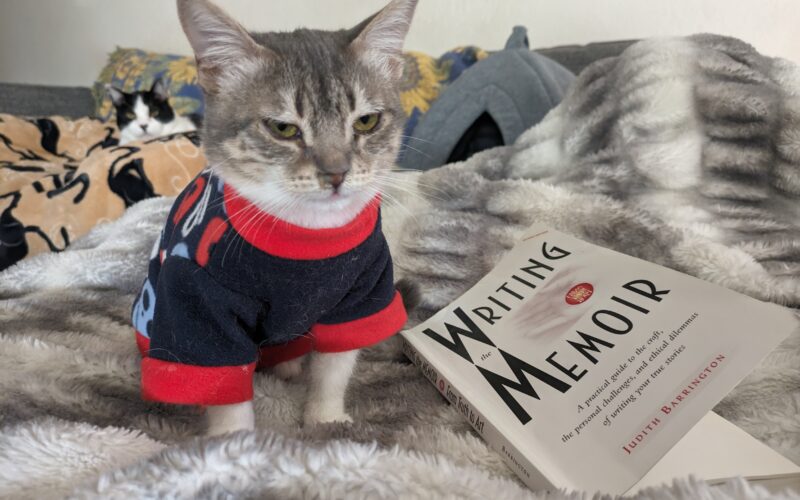
Let’s Not Get Sued (for Writing a Memoir)
Judith Barrington’s Writing the MemoirChapter 8, 9, & Appendix Subscribe to our Newsletter Writing (and publishing) a memoir can be nerve wracking. What if the people you’re writing about...